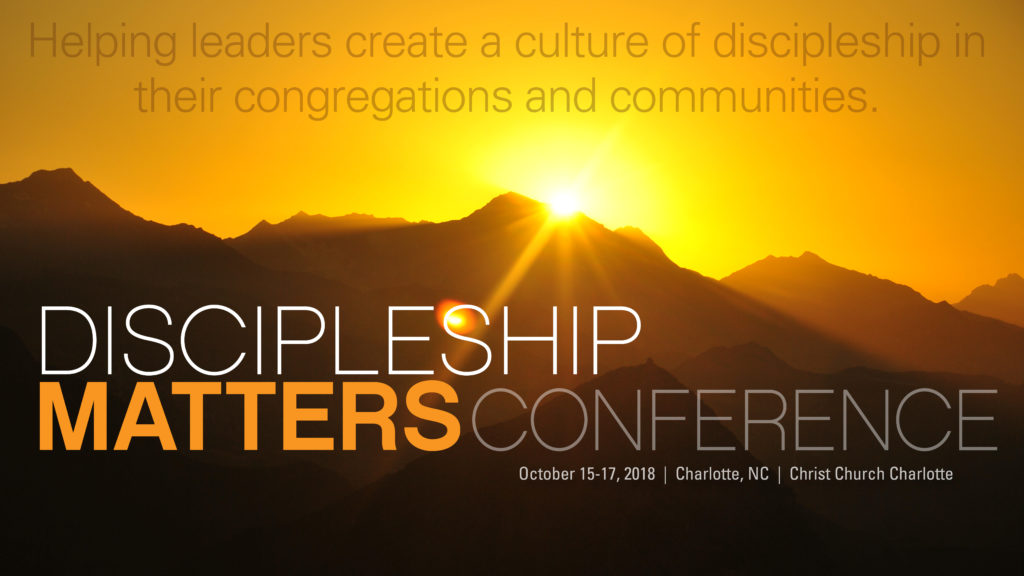|
The deeds you do may be the only sermon some persons will hear today.
-St. Francis of Assisi
The Parable of the Pharisee and the Tax Collector
(Luke 18:9-14)
Jesus also told this parable to some who trusted in themselves that they were righteous and regarded others with contempt: “Two men went up to the temple to pray, one a Pharisee and the other a tax collector. The Pharisee, standing by himself, was praying thus, ‘God, I thank you that I am not like other people: thieves, rogues, adulterers, or even like this tax collector. I fast twice a week; I give a tenth of all my income.’ But the tax collector, standing far off, would not even look up to heaven, but was beating his breast and saying, ‘God, be merciful to me, a sinner!’ I tell you, this man went down to his home justified rather than the other; for all who exalt themselves will be humbled, but all who humble themselves will be exalted.”
|
None-sense
An article in the Wall Street Journal last week focused on the “nones,” that growing group of folks who declare no religious affiliation, one of the fastest growing religious groups in our country. Apparently, there are efforts in this election season to harness the political power of the nones. The article highlighted the challenges of coordinating folks who are united by what they don’t believe, who define themselves by what they are not.
In the Episcopal Church, the stream in which I swim, one can find a lot of energy around how we define ourselves in comparison to others. We are not like those fundamentalists. We are different from Roman Catholics. We are not bleeding heart liberals. We are not reactionary conservatives.
Our denomination has no corner on that way of thinking. I knew one family who never set foot in church. They introduced themselves this way: “We are not the kind of people who say grace before meals.” The list could go on: We are not the kind of people who raise their hands in worship or sing praise music. We are not the kind of people who find spiritual nourishment in Anglican chant. We’re not like those people who insist on tithing or use the name Jesus every ten seconds or believe in salvation by historical critical method or believe in salvation by good taste. We’re better than all of that.
As I travel around the church and talk with people about their own spiritual commitments, I’m struck with how often we define ourselves defensively, perhaps reactively. I’m sensing that has limits as an organizing principle. As we work with congregations and pose questions about beliefs and practices, I often hear people say: “I can’t answer your question because that’s not my language.” When they say that, I channel the wisdom of one of my mentors who asked in response: “If that’s not your language, what is your language?”
For many of us, that’s a real question. Like any good question, it’s not new. Jesus told a parable, printed above, in which the Pharisee stands in the front pew and says: “Thank God I’m not like that low-life tax collector!” The tax collector kneeling in the back prays with self-awareness, knowing who God is, knowing who he is, and knowing how he needs to grow.
So ask yourself this week: What is the language I use to talk about what is important to me spiritually? You may well find an easy answer in comparing yourself to someone else. There’s some value in that. But go further and identify in your own mind the beliefs and practices that matter to you, where you give your heart and mind, and how that goes to work in your life. What will you affirm? What will you stand for?
I didn’t get to preach yesterday, so let me weigh in on one way to do that in particular, an insight from the Letter of James, that practical book which talks about faith at work, a book we’re exploring on Sundays. In yesterday’s passage, the writer challenges church members for favoring rich folks. (I know that never happens in church these days.) The writer says: Do you with your acts of favoritism really believe in our glorious Lord Jesus Christ? The point I want to make here is that the actions reveal belief. The actions convey the creed. The actions speak louder than words. For better or worse, the actions say what the person believes.
As you think about how you state your faith in positive terms, and not solely in reactivity, think as well about how your life conveys your creed, more specifically, how your life reveals in positive terms where you give your heart, how you stand for love.
-Jay Sidebotham
P.S. There’s still time to register for the Discipleship Matters Conference
 Contact:
Contact:
Rev. Jay Sidebotham
jsidebotham@renewalworks.org
RenewalWorks is a ministry of Forward Movement.
www.renewalworks.org


